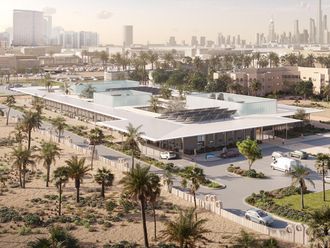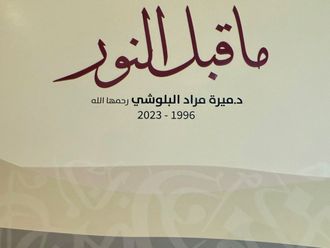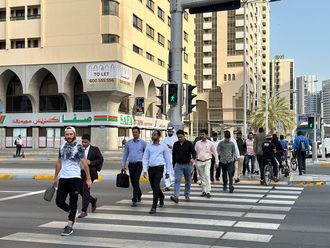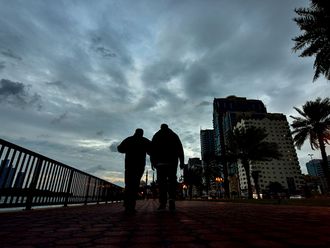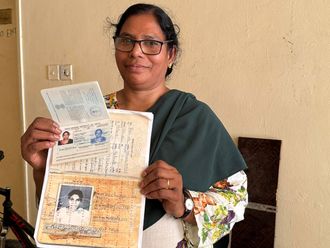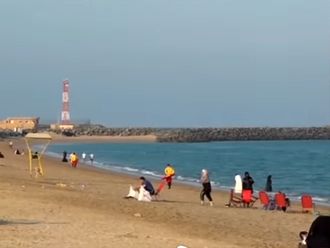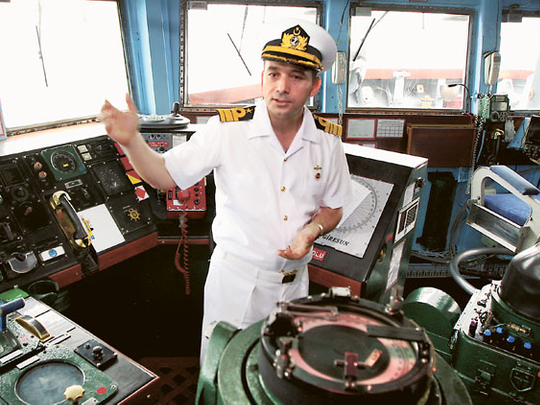
Dubai: Pirate activities in the Gulf of Aden have come down by 60 per cent over the last eight months, compared with the preceding eight months, the commander of Nato's counter-piracy operations said yesterday.
However, piracy is still rife, with at least nine vessels currently held by Somali pirates with 236 captives.
In 2011 alone, 1,026 hostages were held and $146 million (Dh536.3 million) was paid as ransom to get these people and 30 vessels released.
TCG Giresun, the flagship of Nato's Standing Maritime Group 2 (SNMG2), is commanding the counter-piracy operations (Operation Ocean Shield) in and around Somali waters, and has so far succeeded in bringing down cases with the help of regional players.
The Turkish warship is on a visit to the UAE as part of its mission to seek cooperation from regional countries.
On-board the vessel, which is docked at Port Rashid, the commander of SNMG2 Rear Admiral Sinan Azmi Tosun of the Turkish Navy said: "Nato has been actively carrying out counter-piracy operations for more than four years and we have been very successful, we have been able to bring down pirate activities by 60 per cent over the last eight months."
Substantiating his claim is the fact only six ships have been hijacked by pirates over the last eight months compared with 36 in the previous eight months.
He said the task force, codenamed TF 508, focuses more on controlling piracy before it happens.
"This doesn't mean we don't try to get hijacked ships released. Attacking a hijacked ship is very difficult because of the civilian presence as these pirates use them as a shield so we try to tackle them in different ways," he added.
Admiral Tosun said there were no clear laws on piracy in most countries and there was also a lack of uniform prosecution procedures. He said this was why SNMG 2 was calling on different regional ports.
"We are trying to find common ground and reach a consensus on ways to tackle this issue."


